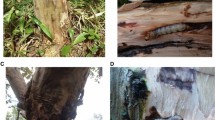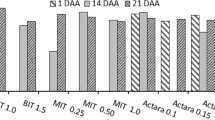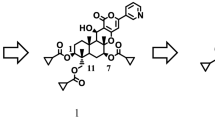Abstract
In all periods of human history, inadvertently or deliberately, man has introduced plants or animals of one country into another. In some cases the consequence has been tragic, but in others his action has achieved the desired result. In the later Middle Ages the Arabs introduced into Europe many vegetables, some of which have become established; spinach, for example. In the sixteenth century the Portuguese introduced many plants and animals from the Old World to the New and vice versa. In modern times, however, these introductions have been for a different purpose, frequently described as ‘biological control’; by which is meant that man can use a natural enemy of an organism to cause its destruction for him. But this method has not always been successful because not all the factors that are involved in such transfers from one place to another are known, and, perhaps, not all of them can be completely known. But so far as they can be known, they ought to be taken into consideration.
This is a preview of subscription content, access via your institution
Access options
Subscribe to this journal
Receive 51 print issues and online access
$199.00 per year
only $3.90 per issue
Buy this article
- Purchase on Springer Link
- Instant access to full article PDF
Prices may be subject to local taxes which are calculated during checkout
Similar content being viewed by others
Author information
Authors and Affiliations
Rights and permissions
About this article
Cite this article
MAULIK, S. Introduction of a Beetle from Trinidad into Mauritius to Control l'herbe Condé (Cordia macrostachya). Nature 160, 194–195 (1947). https://doi.org/10.1038/160194b0
Issue Date:
DOI: https://doi.org/10.1038/160194b0
Comments
By submitting a comment you agree to abide by our Terms and Community Guidelines. If you find something abusive or that does not comply with our terms or guidelines please flag it as inappropriate.



